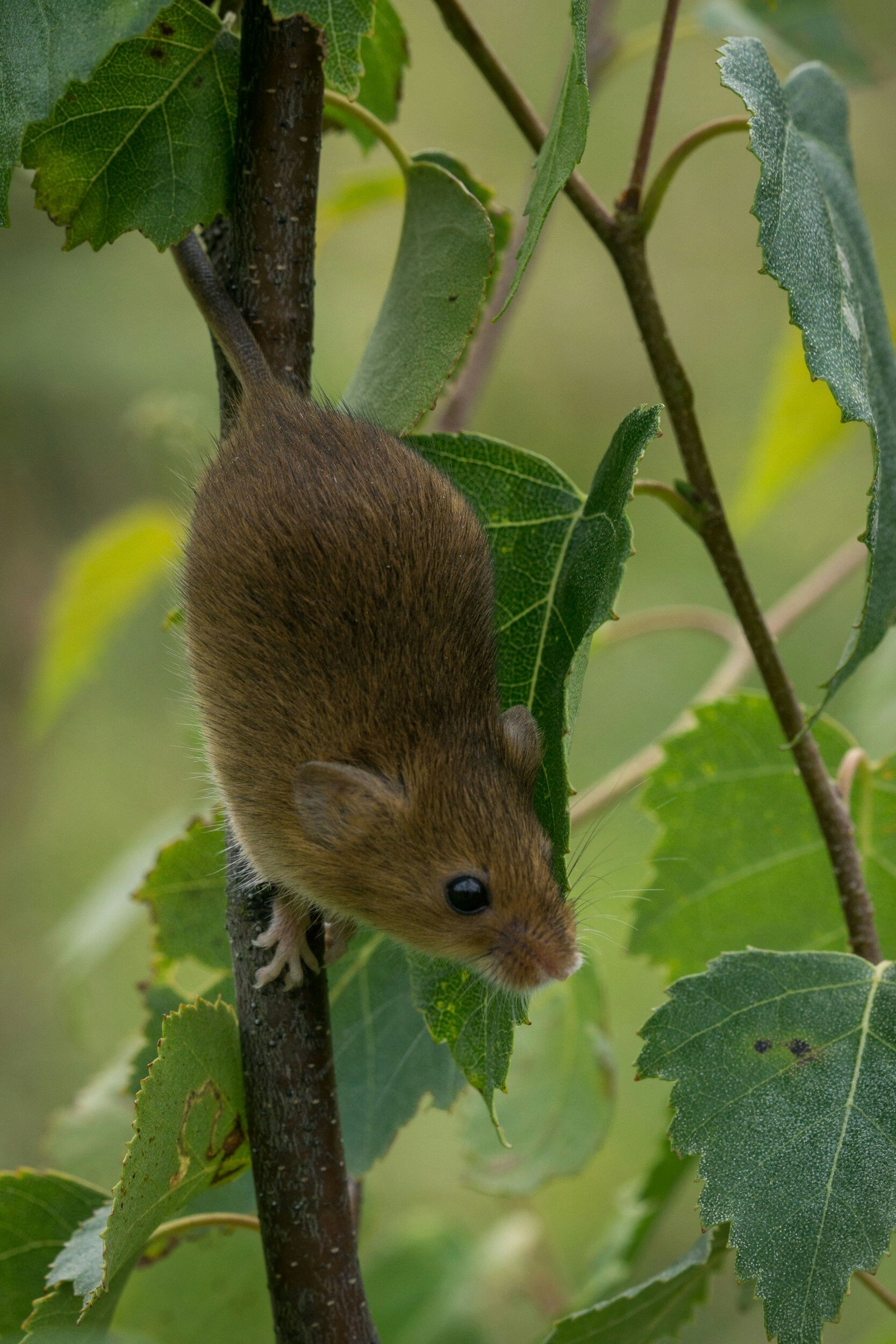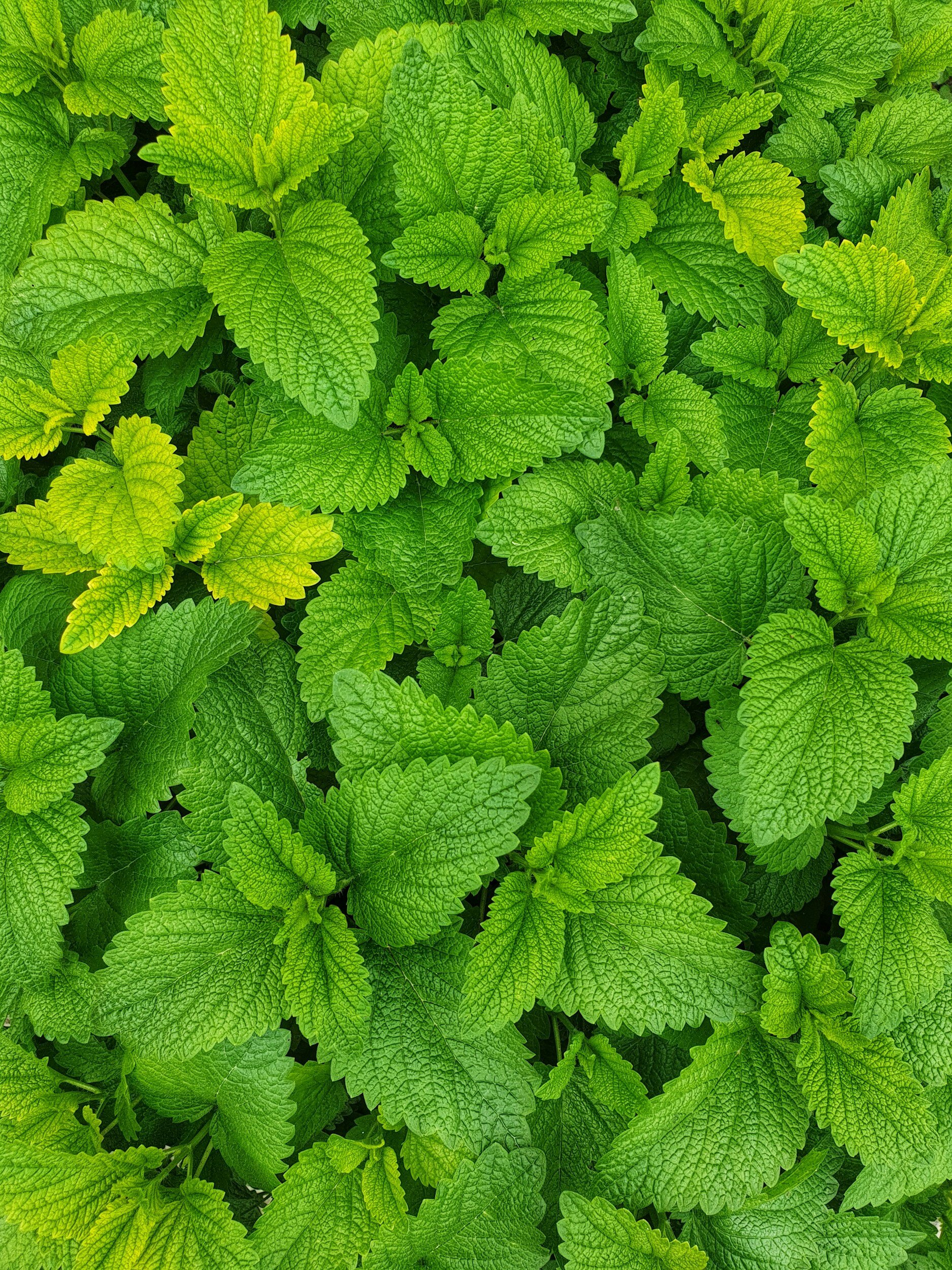BACKYARD GARDENING MADE SIMPLE
How To Get Rid of Pests in Your Garden
How can you deal with garden pests naturally and humanely? Slugs, snails, earwigs and rodents are common garden pests you may find yourself dealing with, but there’s many methods you can try to repel garden pests.
Early this winter I walked into the greenhouse and found that most of the greens, especially the brassicas, had been chewed to bits. I know that this time of year there's kind of only three things that it could be - I had seen a couple of slugs in the greenhouse before and I figured that had to be it.
Beer trap for slugs
With slugs, the best first line of defense is beer traps, so I put some beer traps out, but they didn't end up catching anything. The way that you do the slug beer traps is you just get a shallow dish and you bury it so that it's level with the top of the soil. They're attracted to the yeasty smell of the beer and they're supposed to just fall in and drown. When this didn't work even though I knew I had a couple slugs in there, I started to wonder if it could actually be snails or earwigs.
Snails and earwigs are also attracted by the humid environment of a greenhouse, but they aren't going to fall for the beer trap, so there's a couple other things that you can do if you've got slugs snails or earwigs in your garden. These are the most common pests that you're going to find when you're gardening in the winter because they like cool damp areas - and I had to act quickly because slugs have teeth so they can do a lot of damage really fast!
Beer traps are super effective according to you guys - I haven't really experienced that for myself just because in this particular case it wasn't actually mostly slugs that I was dealing with. The next recommendation for dealing with slugs in your garden is usually salt. The problem with salt is that even though it usually works by dehydrating the slugs, it's kind of a cruel way to take them out and importantly to a lot of gardeners can do some serious damage to your plants and your soil.
Does copper work to stop slugs in the garden?
Copper is really effective against slugs because it actually has the ability to electrocute them and shock them when they touch it so they tend to avoid it. You can get copper tape or copper wire and put it around your plants, it’s just a little bit more costly and time consuming to get it set up.
What I'm going to recommend you do the most is companion planting, which I have to say was probably my biggest mistake in the greenhouse. There are certain plants that I could have put in that would have been okay even though the temperatures are going to drop in there, like chamomile and sage and oregano, that would have repelled these pests in the first place. However, because of how late in the season I discovered this problem I didn't have time to plant those things before the slugs would have taken over and decimated everything.
Because I had a limited amount of time before they destroyed everything and I really couldn't replant what they had already destroyed because of how late in the season it was, I decided to take dramatic action - this isn't something that I normally do, in fact I've never done it before, but I am using an insecticide in my garden.
Natural garden slug repellent
Sluggo is organic approved and it's made of iron phosphate which is something that's harmful to slugs and snails, but pretty much harmless to everything else. It's laced with some kind of bait that attracts the slugs and snails, and it actually works against earwigs too which is great because I'm pretty sure earwigs have been doing the majority of the damage on my plants. It comes in a pellet form that you sprinkle throughout the garden. This is not my first choice and if I could have companion planted instead I definitely would have started there, but in this case with the limited amount of time that I had I didn't really have a choice.
But the fun didn't end there, because as soon as I got this slug/snail/earwing situation under control, I came out to the greenhouse to another horrific discovery! (Can you tell I'm stressed out about this?)
Rodents in the greenhouse
I pulled back the row cover and I noticed that there was a lot of dirt on top of the plants like they had been buried by something, and there was this really weird oily wet fur smell coming from the area. I pulled that row cover back further and that's when I saw the tunnels. Now at this point I didn't know what kind of animal the tunnel was from, and I'm not going to pretend like I didn't know that it was possible for animals to get in here, or that they'd want to because of course they would! It's warm and full of food and this time of year all these little critters are just looking for somewhere to cozy up, so I totally get it and this is my fault for not thinking about the fact that they would start coming in here as early as they did in the season.
At first I thought it wasn't that big of a deal because there were no droppings, they weren't eating any of the plants or even really disturbing them, they had just made a tunnel and left for the day. I'm no stranger to having rodents in the house - we live in the country, and we've got fields and old barns all around us. We've dealt with mice before in the house and the thing that's worked the best for us inside has been peppermint oil. It's all natural, smells pretty good (although it can make your eyes water if you use enough of it) so my first line of defense in the greenhouse while I started making a more permanent plan was to spray with this peppermint oil spray.
I ended up saturating all the wood baseboards and the row covers and the wood chip path in the center, but I wanted to be careful not to get this on the plastic itself because it's an essential oil and it's highly concentrated it can actually melt the plastic, I thought “this has worked in the house, so it's totally going to work here and there's nothing else I need to do” well…it worked for one day, and then I came back out to more tunnels.
There still wasn't a lot of damage, there wasn't anything that indicated to me that it was super gross, it was areas where I could just avoid eating those plants until they had a chance to grow back and make new growth that hadn't been touched by animals, but the tunnels didn't stop and then after a couple more days I did start to notice droppings.
With those droppings I was able to make a positive ID of these rodents, even though I haven't had a chance to see them myself yet because at first I had only seen the tunnels, I was able to determine that it wasn't something small like a field mouse or a chipmunk, but I thought it might still be a mink or a vole. With the droppings I was able to confirm that unfortunately it was the most common rodent pest that we see in our gardens; rats.
The best way to get rid of rats is to prevent them from coming inside in the first place. but unfortunately a lot of the time our gardens are just havens for them. They love the rotting food in your compost, the warm nests they can make under the layers of cardboard that you're using to make new beds, all of these things are going to attract rats to your garden - especially if it's a warm cozy place like a greenhouse.
So why did I hesitate to just do hardware cloth in the first place and why didn't I just take care of this upfront so it didn't happen? Basically when I designed this greenhouse we used wooden boards along the long edges to hold the cattle panel in, but we didn't put any wooden boards along the back or the front wall because they weren't necessary, so there's no exterior frame for us to swoop a piece hardware cloth up against and keep it protected - and realistically they could just climb that hardware cloth and chew through the plastic so it just seemed like an unnecessary expense that wasn't going to provide me any additional benefit.
At the end of the day if they wanted to come in, they were going to come in, so I thought that the best low cost low effort way to prevent them was with peppermint oil. Peppermint oil is known to be super effective against all sorts of rodents but for some reason (and you guys have confirmed this for me in DMs) rats just don't seem to mind it as much as other rodent pests do, so even though I ended up spraying every available surface with peppermint oil to the point that my eyes were watering it didn't have the effect that I had hoped it would on the rats.
Another recommendation I got from you guys was to use lavender oil, Again this just comes back to using scents that we know that they don't like to repel them from coming in in the first place. Whether or not this is effective kind of depends on how determined the rat is.
For our last food-based recommendation you guys recommended I sprinkle chili powder around the outside of the hoop house - this is totally harmless, they just don't like the spiciness! I guess when they're digging through it, it gets up in their nose. I have had a lot of success using this method.
You can also try sprinkling around some cat fur or used cat litter, and the most interesting recommendation that I got from one of you was from a reptile owner who told me that they have found that snake skins are excellent at repelling rats, so if you had a source for some snake skin you could definitely try that as well. Another popular recommendation that I got was Irish Spring soap - I've heard mixed reviews about this one myself so let me know in the comments if you tried this and it's worked for you,
Desperate times call for desperate measures so we're going to get into my least favorite recommendations; traps and poisons.
You can get traps that unalive your rats or you can get traps that are catch and release. With either of these options of course you're dealing face to face with rats themselves and depending on how many rats are present this could be an ongoing issue that continues throughout the whole season.
I will strongly discourage you from using a chemical poison on your rat population, not only because it’s an unpleasant and inhumane death but also because if other wildlife like an owl gets that rat they're going to end up poisoned too.
If you are going to go down this route I would research natural methods. I won't go into them much here since it's not something that I generally advocate for, but some of the ones that you guys recommended to me were sweet potatoes, cornmeal, and baking soda.





